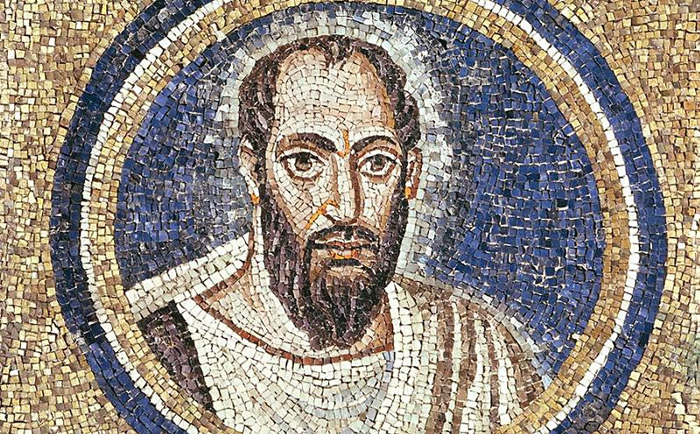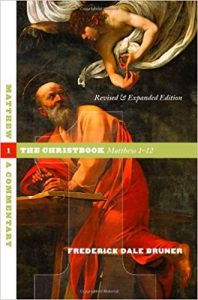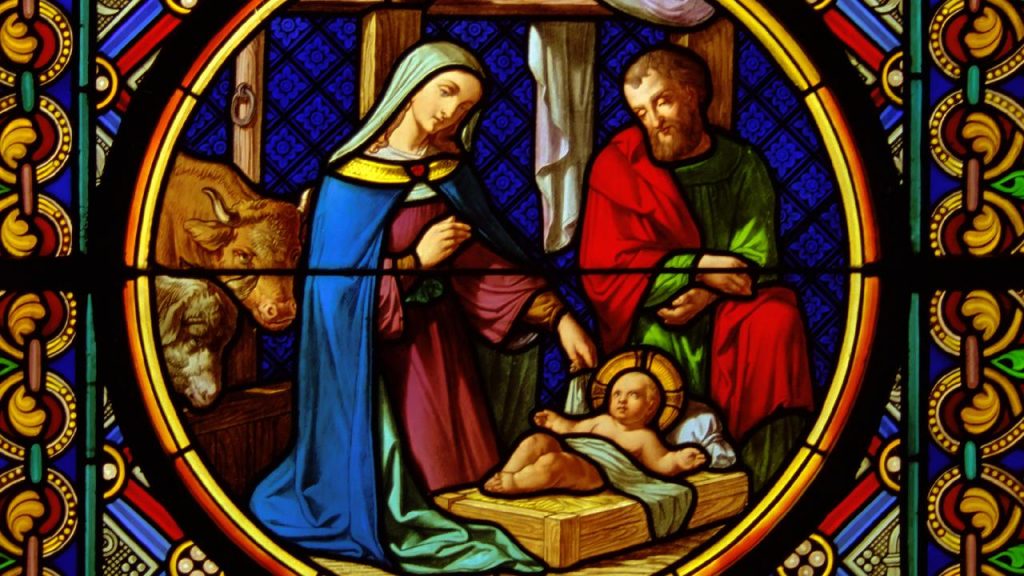 Selection: The Church Dogmatics II/2:134-138, Excursus on Supra- and Infralapsarianism (#2).
Selection: The Church Dogmatics II/2:134-138, Excursus on Supra- and Infralapsarianism (#2).
The strength of the supralapsarian position is that the divine decree of election stands at the head of all God’s works, in contrast to the infralapsarian doctrine in which the decree of election is subsumed as it were under the doctrine of providence, following the decree of creation and fall. This view has the effect of placing salvation behind or beneath creation, distinguishing two distinct orders in the divine work. Nevertheless, the infralapsarian position has two advantages. First, the harshness of the supralapsarian position is mitigated somewhat since God elects those who are already and actually fallen; God has not brought humanity into the world in order to fall and so to be damned. Second, this helps avoid the supralapsarian difficulty of making God responsible for the fall and for evil.
The Supralapsarians so exalted the sovereignty of God above everything else that they did not sufficiently appreciate the danger of trying to solve the problem of evil and to rationalise the irrational by making it a constituent element in the divine world-order and therefore a necessity, a part of nature (138).
Nevertheless, each side is also deficient in some way. As already hinted, the supralapsarian view presents a particularly harsh view of the electing God—“the Supralapsarian God threatens to take on the appearance of a demon” (140). Their error was not their desire to “know” more than could be known, but in seeking to know in the wrong place (135). Barth also finds another problem: by making self-glorification the centre and measure of all things, supralapsarianism could and did prepare for a corresponding movement in which human concerns became the centre and measure of all things (137). The direct link between the divine sovereignty and the individual exacerbated this tendency. There is, no doubt, some degree of irony here, that the emphasis on the absolute sovereignty of God should issue instead in an emphasis on the absolute centrality of the human. Barth sees this development occurring early in Reformed theology: “What vistas open up and what extremes meet at this point! Is it an accident that A. Heidanus, and even so pronounced a disciple of Coccejus as his son-in-law F. Burmann, were at one and the same time Supralapsarians—and also Cartesians?” (137).
But the weakness of infralapsarianism is even more concerning. First, although their arguments against supralapsarianism “sound well enough, … they are not the arguments of faith” (135). Their objections are “logico-empirical,” applying to God standards taken from the order of human reason (135-136).
But the history of Israel and of Jesus Christ and of the Church is not played out within the framework of a prior and already preceding history of nature and the universe. That is not the picture of the world and history as it is given us in the Bible. According to the Bible, the framework and basis of all temporal occurrence is the history of the covenant between God and man. … It is within this framework that the whole history of nature and the universe plays its specific role, and not the reverse, although logically and empirically the course of things ought to have been the reverse. At this point the Supralapsarians had the courage to draw from the biblical picture of the universe and history the logical deduction in respect of the eternal divine decree. The Infralapsarians did maintain the sequence of the biblical picture in respect of the realisation of salvation, but they shrank from the deduction. In respect of the eternal divine decree they maintained a supposedly more rational order, isolating the two dispensations and subordinating the order of predestination to that of providence. … It was inevitable, then, that the Infralapsarian construction could at least help towards the later cleavage between natural and revealed theology. It is that which (within the framework of the common presuppositions) makes it appear the less happy of the two (136).
This long citation reveals a crucial element of Barth’s hermeneutics and theological method. Although scripture begins with the story of creation and fall and then moves onto the story of redemption commencing with the account of Abraham and the covenant established with him, Barth insists that in fact, the proper understanding of the divine work is the reverse: the covenant of God with humanity precedes the creation as that covenant established in the person of Jesus Christ in the eternal divine self-determination in the decision of election. By prioritising creation and fall above redemption the Infralapsarians did manage, as already noted, to remove from God the responsibility of sin and evil. Nevertheless a danger lurked here as well:
According to the Supralapsarian opinion man was nothing more than the elect or reprobate in whose whole existence there was only the one prospect of the fulfilment of a course already mapped out either one way or the other. But the Infralapsarians knew of another secret of God side by side with the decree of predestination. Theoretically at least, then, they knew of another secret of man apart from the fact that he is either elect or reprobate. For them man was also (and indeed primarily) the creature of God, and as such responsible to God. This view involved a softening in the understanding of God which is both dangerous and doubtful (137).
Thus in his exposition of this theological dispute, Barth finds something to commend on both sides, as well as something to critique. The Supralapsarians rightly emphasise the divine sovereignty and grace but open the possibility of making God responsible for sin and evil, and indeed the whole order of creation being a monstrous economy intending the fall and damnation of multitudes. The Infralapsarians rightly retreat from this position by interposing the decrees of creation and fall in advance of the decree of election though this has the disadvantage of separating the orders of creation and redemption. Interestingly, Barth finds that both sides opened a theoretical possibility which later became actual, of an anthropocentric turn in theology in which humanity became the centre and concern of theology.





